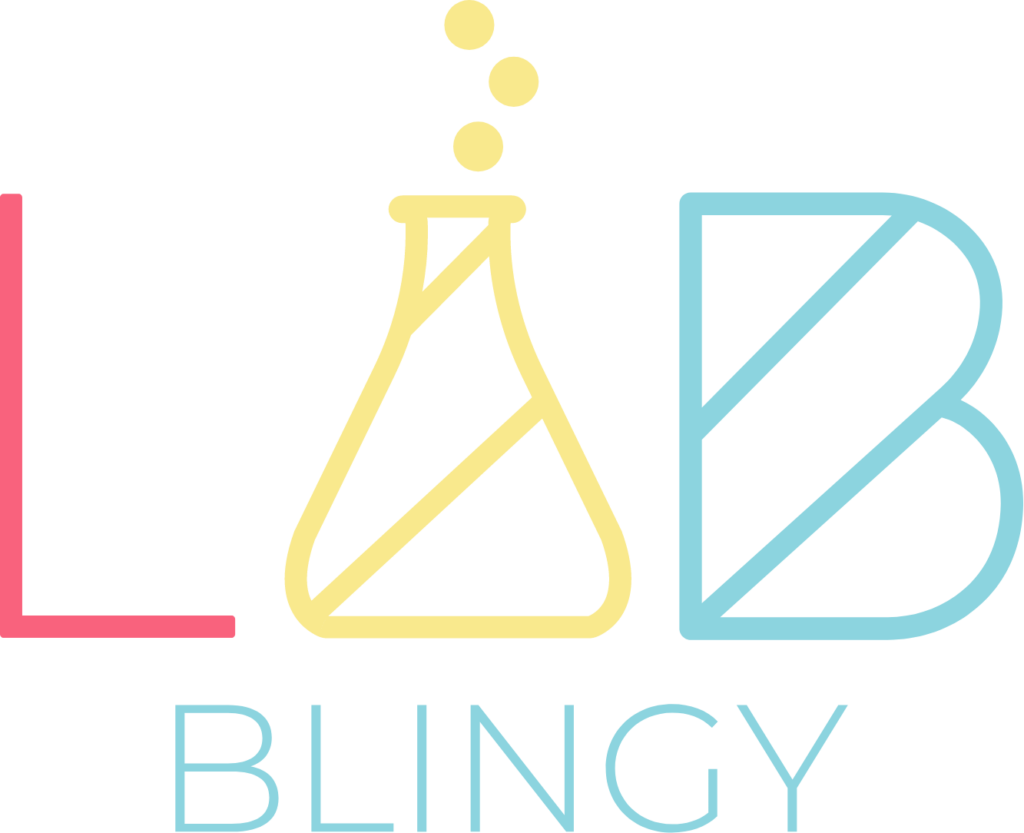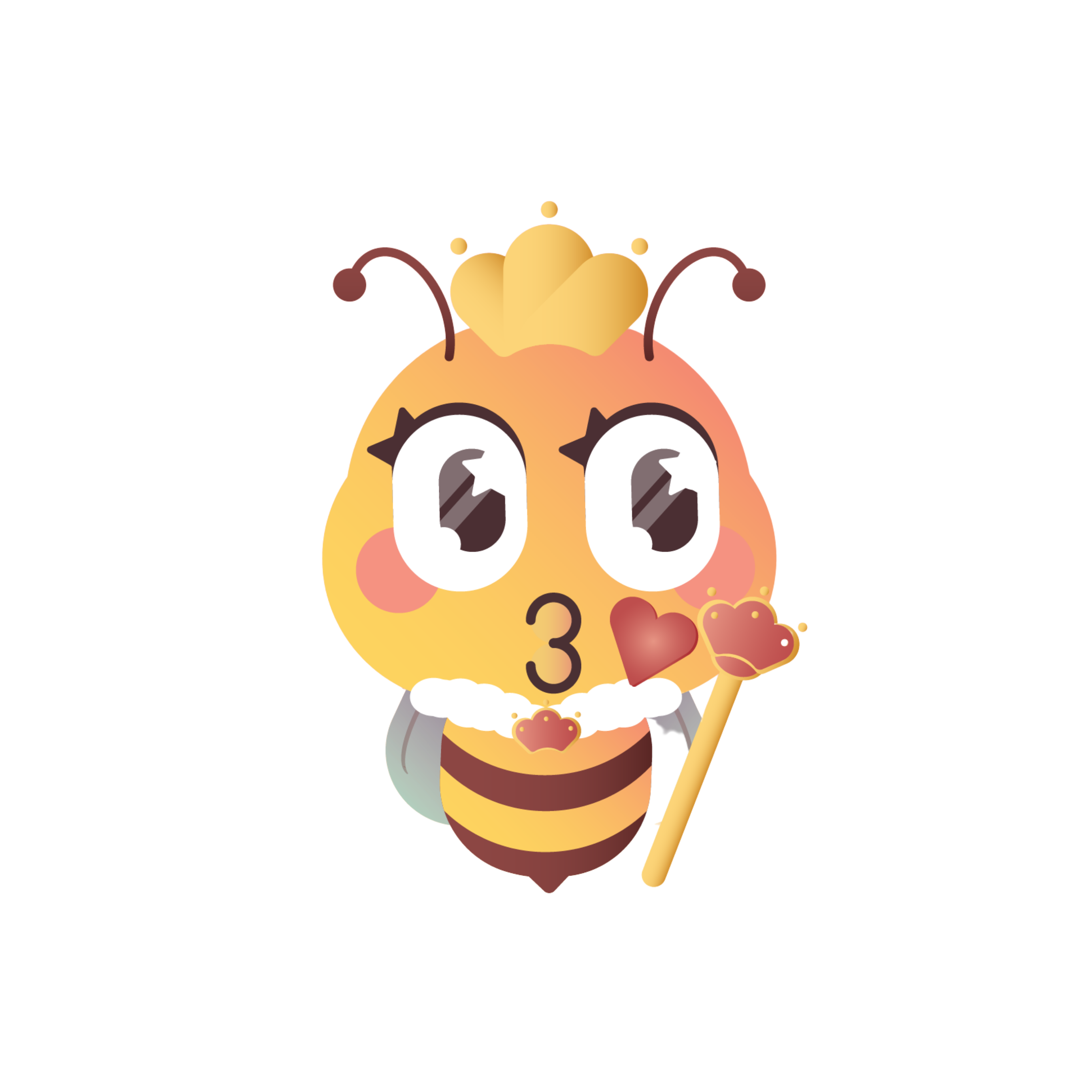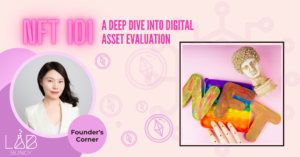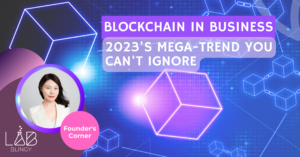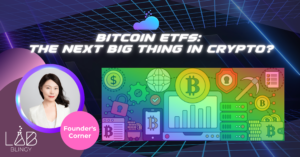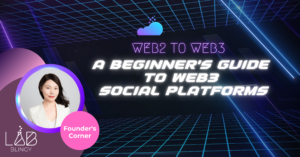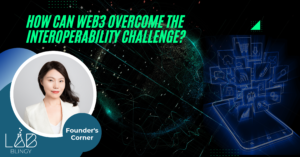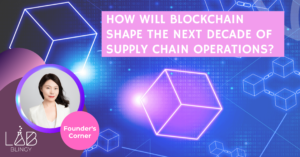If till now, you are asking the questions “What is a DAO?” or “Why do I even need to bother about what DAO means?” You need not bother; these are technically very fair questions, which this blog will help you demystify.
In traditional companies today, rules and dynamics are always laid out, and most importantly, contracted members are legally bound to maintain their allotted roles.
These companies operate on a centralized management system where company owners often want all control and hegemony over their organization’s ecosystem. That form of authority in some situations can extend to as much as even the verticals built on top of those ecosystems.
Contrary to traditional establishments and their administrative dynamics, the Blockchain and its evolving applications like DAO – also known as Decentralized Autonomous Organization- have kept justifying the idea of a democratized approach to organizational management.
To demonstrate how the DAO concept is considered one of the most innovative Blockchain-based concepts, I would provide a detailed expository on this revolutionary iteration and how it can impact our lives.
What is a DAO?
P.S: Most people complain about the ambiguity or confusion surrounding the DAOs as either an organization or DAO as a protocol. The truth is both of these concepts are radically interwoven. Let me explain how.
DAO as an Organization
A Decentralized Autonomous Organization (DAO) is a democratized Blockchain-based entity, collectively owned and managed by ‘members,’ who can make decisions without human interference and monopoly.
In this type of organization, decision-making is governed by proposals and a public polling system that ensures every member has a say in policy-making. To be considered a bonafide or enfranchised member, one should have the DAO token of the DAO project they belong to or wish to join. Holding this asset or a DAO ICO (DAO’s Initial Coin Offering) generally gives users or members a fair opportunity and power proportional to their holdings.
Also, DAO members occasionally enjoy a considerable latitude of earning token incentives for assertively contributing to their organization’s welfare. All of these occur without the need for a CEO to orchestrate activities based on their whims or even try to manipulate the entity’s data.
Now, that’s all about DAO as an organization; let us look at DAO as a protocol.
DAO as a Protocol
When like-minded strangers on the Internet decide to collaborate in achieving an overarching goal, they can decide to adopt a DAO software or protocol to regulate their activities.
This built-in programmatic treasury would contain every member’s data with encoded predetermined rules and regulations for the group. Since this open-source blockchain protocol houses all the rules, there’s never a need to interpret the programs as they always self-execute when predefined conditions are met.
Haven gained insight into DAO’s definition; I would further expound on this terminology by eliciting how a DAO works, plus Why and where we need DAO.
How does DAO work?
To create a DAO, one has to pass through three stages:
-
Smart contract creation: The mainstay of a DAO or DAO protocol is its Smart contract. Like the ERC20 contracts, DAO smart contracts formalize and automate the entire process.
In this creation stage, a developer generates and encodes the smart contract for the DAO.
-
Funding: After launching the smart contract, members and prospective members determine modalities for increasing their stakes in the organizations by buying the tokens. As we discussed, these tokens give members the right to enact governance by voting and sending in proposals for reinforcements.
-
Deployment: Finally, these stipulated rules and code of conduct, all embedded in the contract, are deployed on the Blockchain for adequate functionality.
After execution, the application becomes tamper-proof and immutable, which interprets the encoded rules only being changed or altered through a consensus post-launch.
Why & Where do we need DAO?
-
High trust, low costs: It is hard to trust anyone you have only interacted with on the Internet. The technology answers how we can exchange values in a trusted environment while cutting costs in an expeditious process.
-
Efficient and Decentralized: Apart from eliminating the need for a third party and bureaucratic hassles, even voting in DAOs, unlike conventional organizations, would only take seconds and minutes.
-
Transparency: With DAOs, you only need to trust the smart contract, which is 100% transparent and confirmable. Anyone can see transactions, thereby circumventing dodgy practices among members.
Most organizations and innovations today have long since been exploring the benefits of DAO through its application in their systems. DAO has, in turn, continued to put a whole new spin on its organizational dynamics and various purposes.
With a particular emphasis on the NFT stratum, I would highlight the use case of DAO in this blockchain creativity industry.
DAOs in NFTs
There are a lot of DAOs brought to the NFT table. NFTs generally give a sense of ownership to creators, while DAOs help with the governance role, intrinsically creating a highly efficient financial organization.
Take the BAYC NFT community, for example. Months ago, they launched their APE DAO where token holders can get to vote on governance and the use of the Ecosystem Funds. This DAO fractionalized 49 BAYC NFTs into a startling 1,000,000 tokens for prospective members to purchase. This process drastically reduced the Bored Apes’ exorbitant cost, making them easy assets to procure by relatively anyone! The Blue chips NFT, among other new NFT projects, is also jumping on the DAO bandwagon.
In these organizations, creators can sell the NFTs once created by the artist (music, digital arts, etc.) to the DAO. The entity purchases and mines the artwork with the organizational funds, and in the case of a liquidity event, the DAO shares the proceeds from sales to members or stakeholders.
In essence, DAOs instill a paradigm-shifting effect in the NFT stratum by espousing these main perks:
-
Collective ownership
-
Community governance
-
NFT creator collectives
To Wrap up…
DAO is not just a looming blockbuster innovation alongside DeFi and NFT. Instead, it has the potential to be at the heart of any successful cryptocurrency initiative, virtually always linked to a robust community.
The current level of DAO power is just the tip of the iceberg. Over time, DAO is expected to become the 10,000x booster to overhaul the entire social coordination infrastructure, comparable to how the Internet changed the core postal delivery system.
However, keep in mind that DAO is in its infancy. Onboarding barriers, centralized governance, numerous aspects of tooling, security, and legal and regulatory clarity are just a few obstacles we must overcome to achieve our ultimate goal.
So, what are your thoughts? Do you think DAOs are poised to replace the traditional management system?
Follow my Twitter @JoyyuanWeb3 to learn about the trends of Blockchain, Crypto, and Web3!
